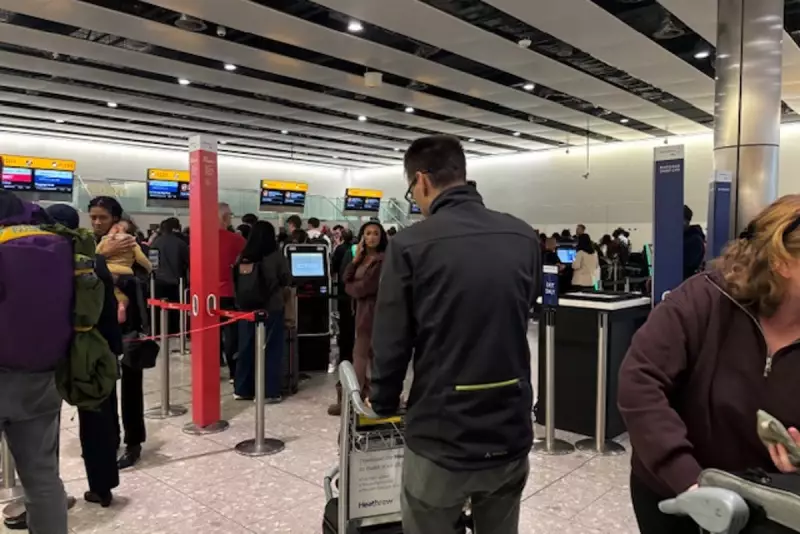
A major cyber attack has struck one of the UK's busiest transport hubs, causing significant disruption to passengers and flight schedules. London Heathrow Airport, a critical gateway for international travel, fell victim to a sophisticated IT system breach on Wednesday.
The attack forced the cancellation of all flights to two major European capitals, Brussels and Berlin, leaving travellers stranded and scrambling for alternatives. Airport authorities and airlines are working to contain the fallout and restore normal operations, but the incident has exposed vulnerabilities in the aviation sector's digital infrastructure.
Widespread Disruption for Passengers
Passengers booked on flights to Brussels-Zaventem and Berlin Brandenburg airports were met with frustration and disappointment as airlines were compelled to ground their services. The cancellations created a domino effect of delays and logistical challenges throughout the terminal.
Airport staff assisted affected travellers, but many faced lengthy waits for rebooking or refunds. The sudden grounding of flights highlights the immense reliance modern air travel has on interconnected IT systems and the chaos that ensues when they are compromised.
Investigating the Source of the Breach
Cyber security experts have been drafted in to investigate the nature and origin of the attack. While details remain under wraps, early indications suggest a targeted effort to disrupt airport operations.
Authorities are treating the incident with the utmost seriousness, considering Heathrow's status as a vital national infrastructure site. The National Cyber Security Centre (NCSC) is likely to be involved in the ongoing probe to determine if this was an isolated incident or part of a broader threat to the transport sector.
Aviation Security Under Scrutiny
This cyber attack at a top-tier international airport raises urgent questions about the resilience of the UK's aviation network. In an era where digital threats are increasingly sophisticated, the pressure is on for airports and airlines to fortify their defences against such disruptive acts.
The incident serves as a stark reminder that security in the 21st century extends far beyond physical checkpoints and patrols, encompassing a complex and often invisible digital battlefield.





